GYLD Meetup: Deep-dive into “Whole-Process People’s Democracy”
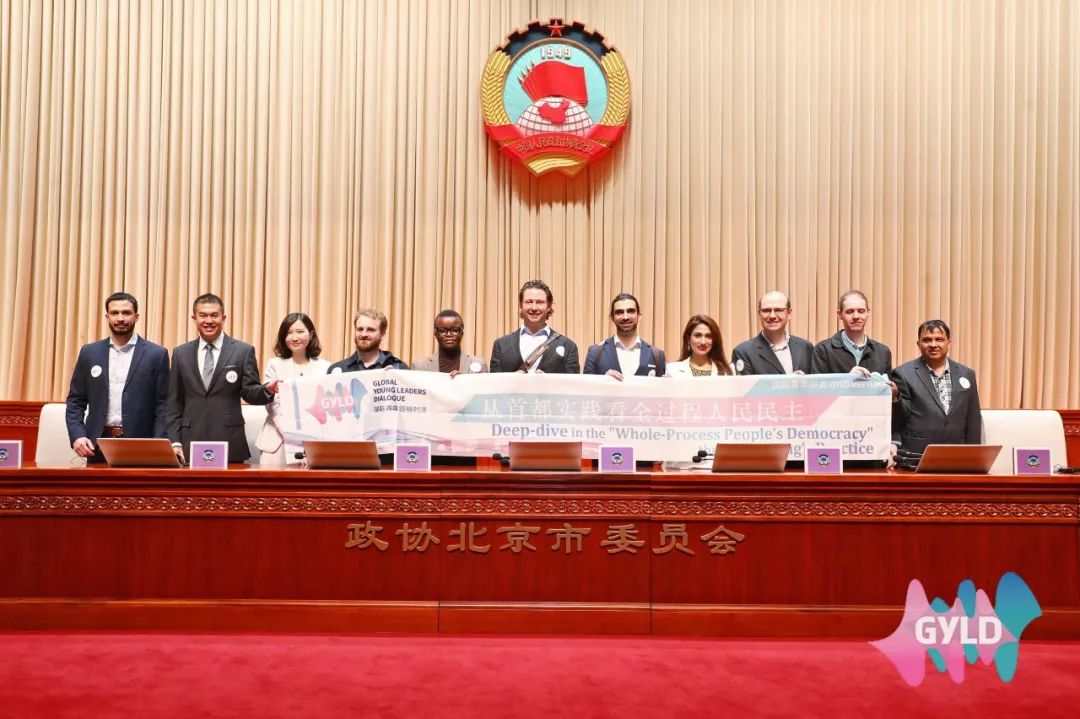
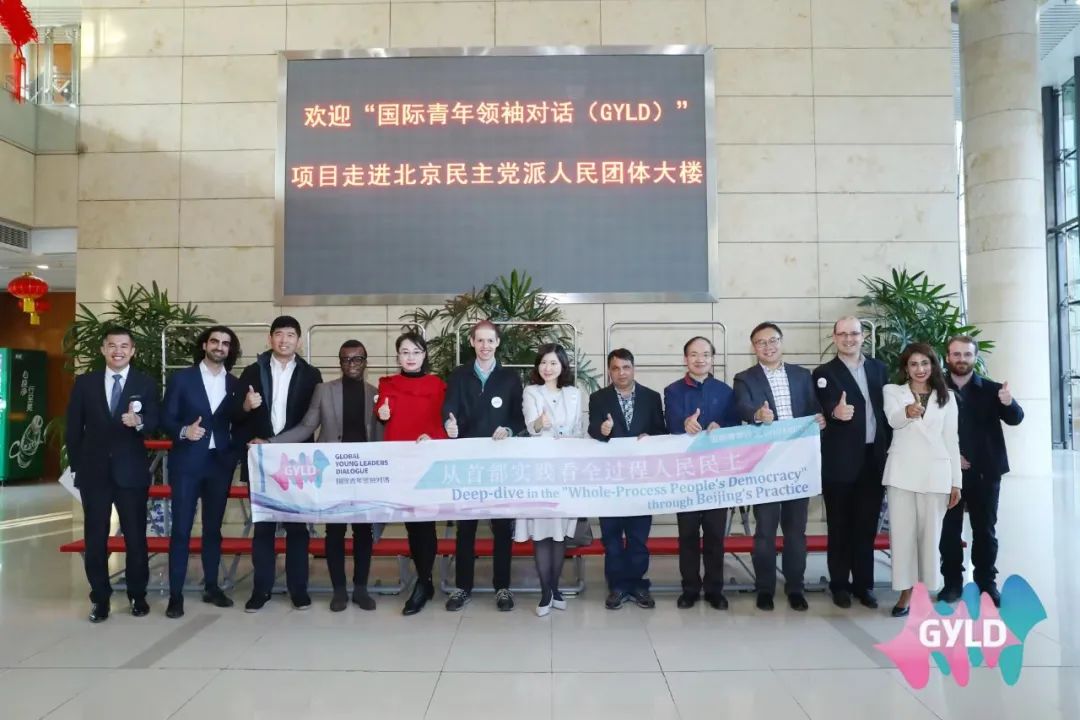
On April 15th, the GYLD Meetup event titled ‘Deep-dive into “Whole-Process People’s Democracy” through Beijing’s Practice’ was successfully held. The group included 10 international young professionals living in China from 10 different countries including France, the United States, Cameroon, Pakistan, Malaysia, and Colombia, who visited the Beijing Municipal Committee of the Chinese People’s Political Consultative Conference and the Beijing Non-CPC Political Parties and People’s Organizations Building. During the event, they had the opportunity to interact with CPPCC members and representatives of non-CPC political parties, to learn about “Whole-Process People’s Democracy” in China.
Exploring the CPPCC and consultative democracy
After arriving at offices of the CPPCC Beijing Committee, located in Beijing’s City Sub-Center, the young participants learned about the history of the CPPCC Beijing Committee over the last seven decades.
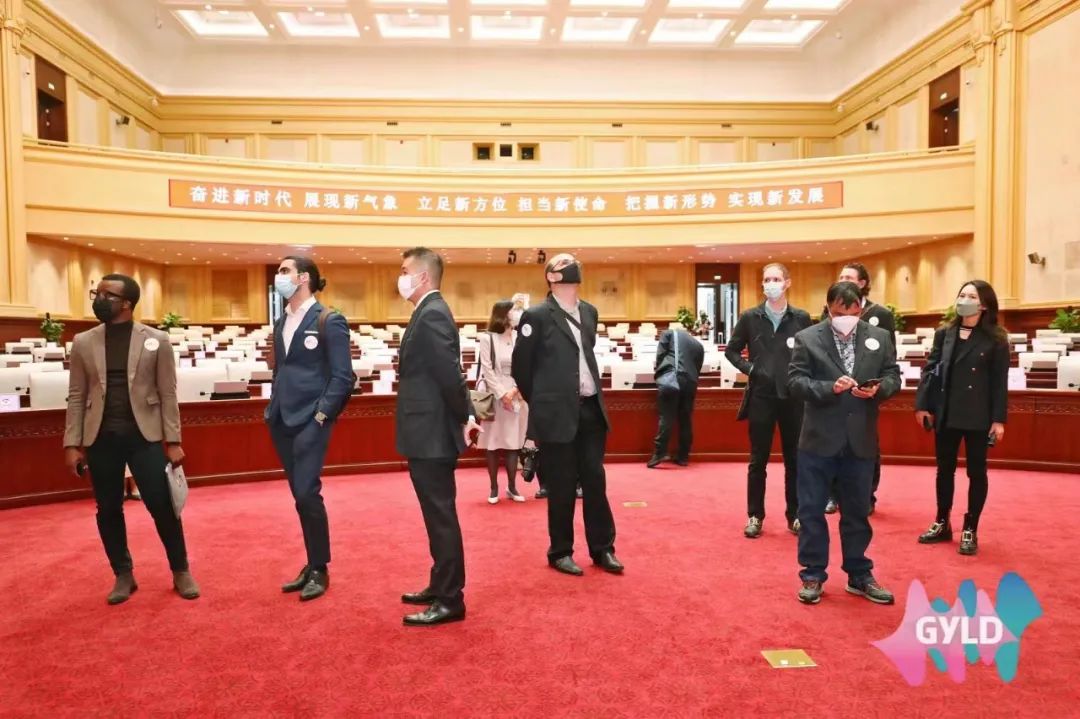
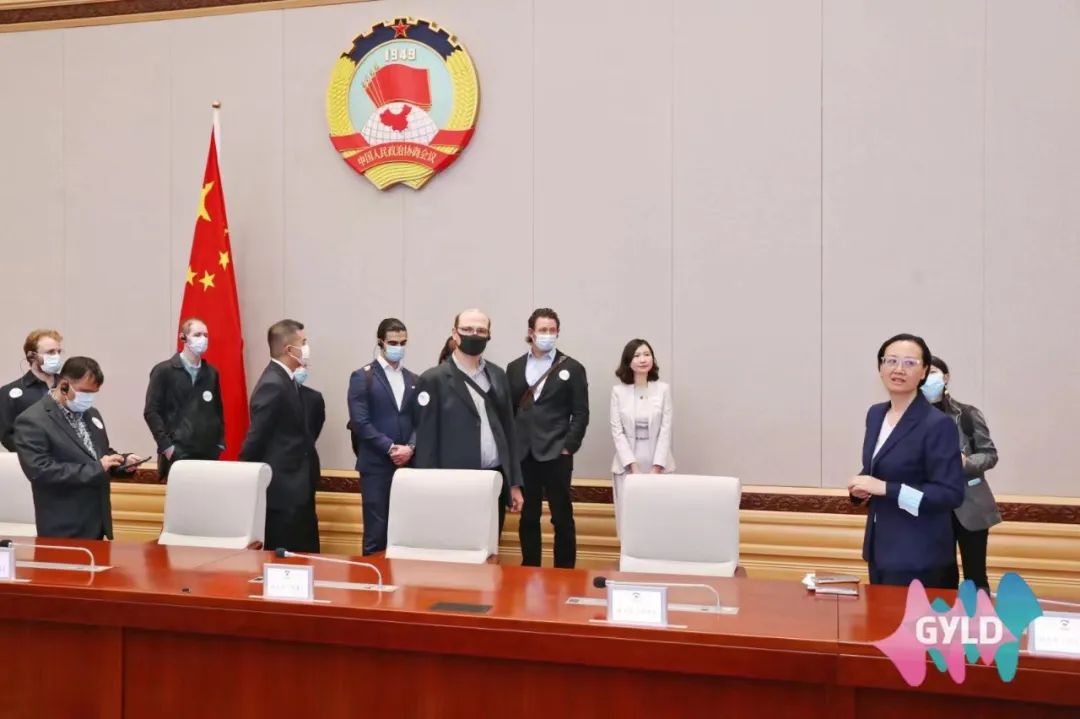
Officers of the CPPCC Beijing Municipal Committee, provided an overview of the chief functions of the CPPCC, focusing on political consultation, which consists mainly of collecting opinions and suggestions from all sectors of society, which are then submitted to the CPC Beijing Municipal Committee and the Beijing Municipal Government in the form of written proposals. The CPC Beijing Municipal Committee, the Beijing Municipal Government and various departments attach great importance to these opinions and suggestions, translating them into concrete policies or improvement measures or giving the CPPCC feedback on the implementation of the proposals.
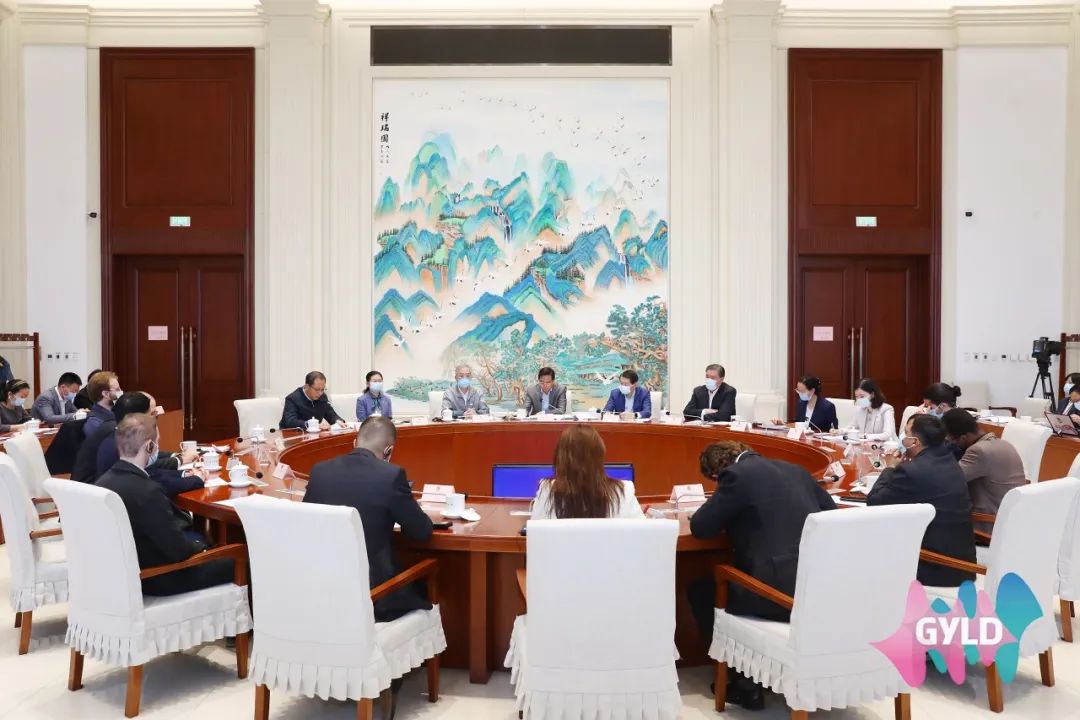
4 CPPCC members told stories how they keep in close contact with people from all walks of life and reflect their opinions, demands, criticisms, and suggestions through the CPPCC to ensure that the orderly participation of citizens in politics.
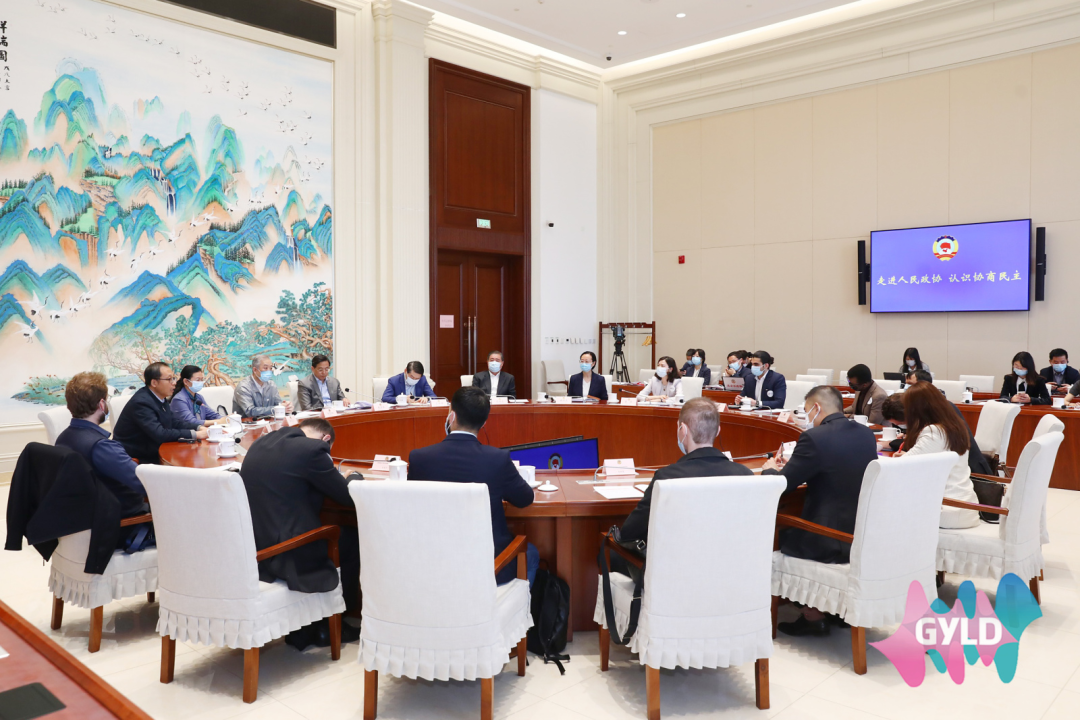
The young participants also discussed a number of other topics with CPPCC representatives, including the different functions of CPPCC and the National People’s Congress, how to promote long-term proposals, how to evaluate the effectiveness of democracy, and the significance of China’s experience of whole-process people’s democracy to the world.
Exploring the Non-CPC political parties and multiparty cooperation
Participants also visited the Beijing Non-CPC Political Parties and People’s Organizations Building, the “home” of the Beijing Municipal Committee of China’s non-CPC political parties. The visit included exhibitions dedicated to the China Democratic League, the Revolutionary Committee of the Chinese Kuomintang, the China Association for Promoting Democracy, and the Chinese Peasants and Workers Democratic Party.
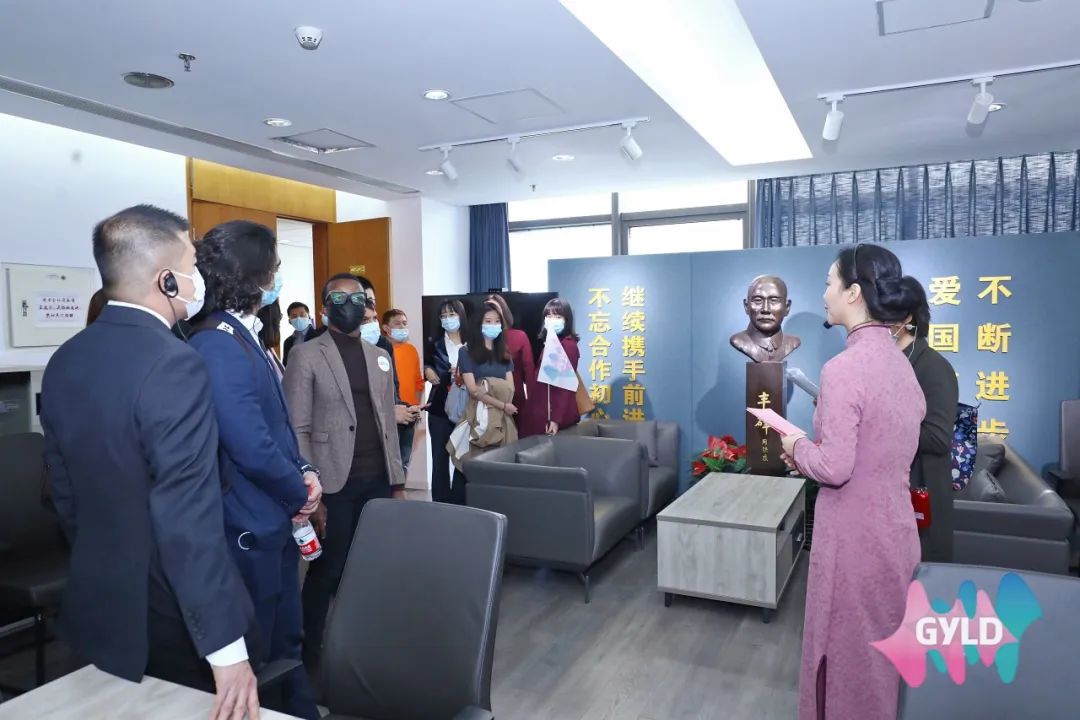
Revolutionary Committee of the Chinese Kuomintang
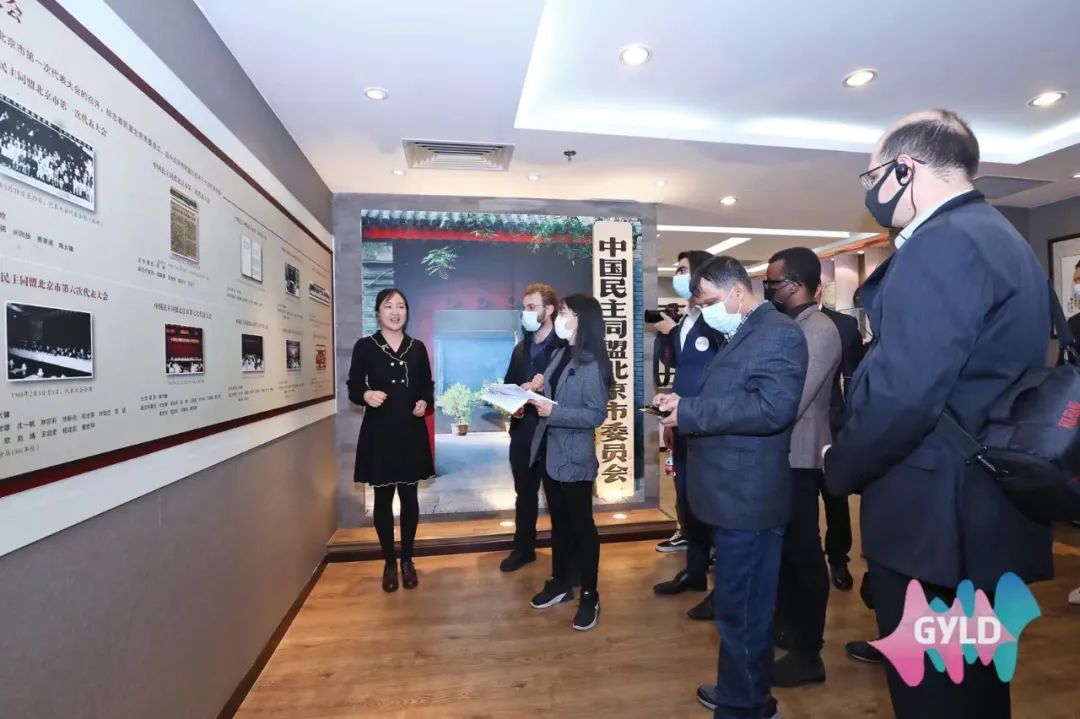
China Democratic League
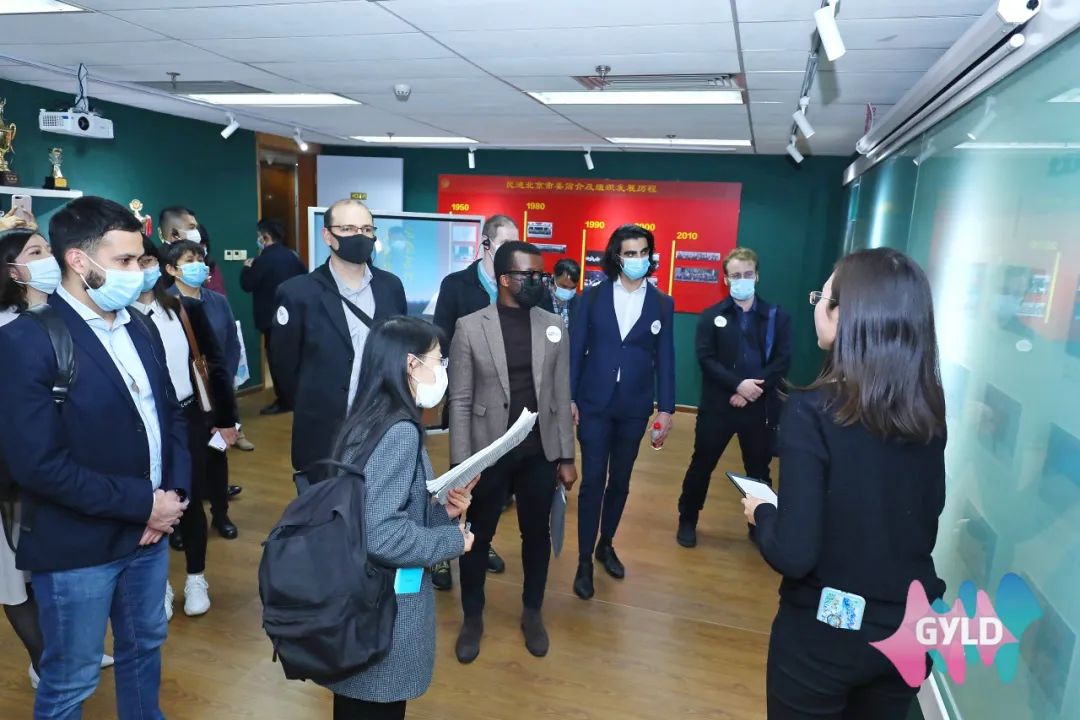
China Association for Promoting Democracy
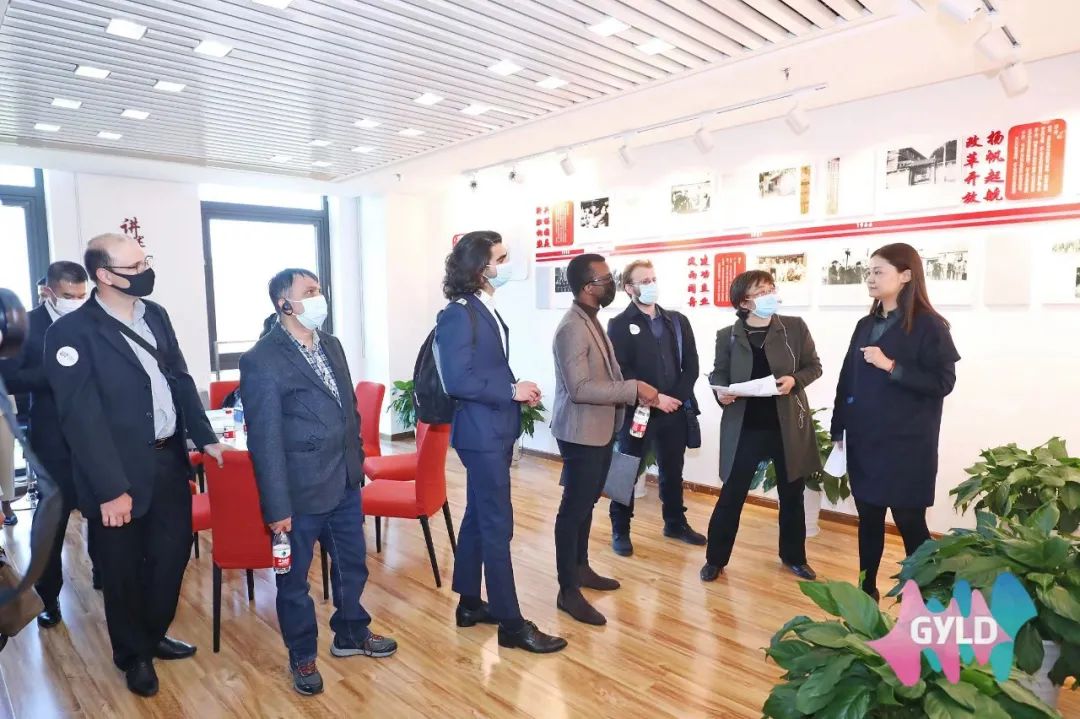
Chinese Peasants and Workers Democratic Party
Representatives of four non-CPC political parties participated in a discussion session to answer questions and discuss the various differences in how non-CPC political parties function in China and in other countries. The representatives explained that, contrary to what people may think, non-CPC political parties can participate in administration and discussion of state affairs through proposals and also directly serve in all levels of government.
“What amazes me most is that China’s parties are allies and partners, not competitive as in many countries,” said Zoon Ahmed, a GYLD member from Pakistan.
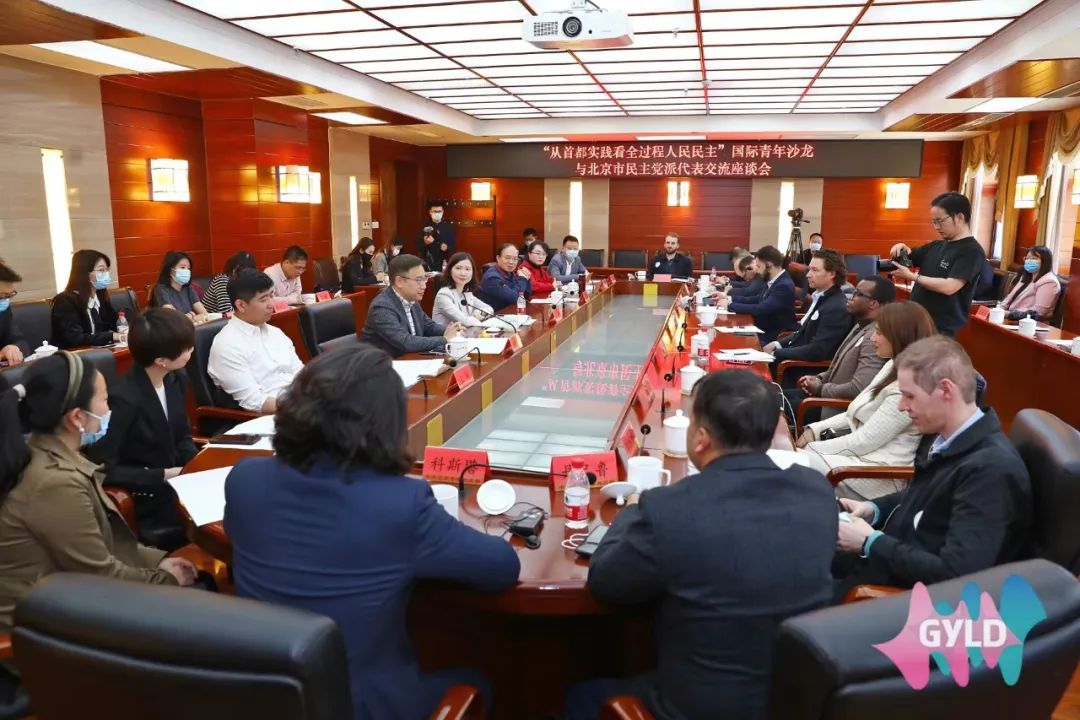
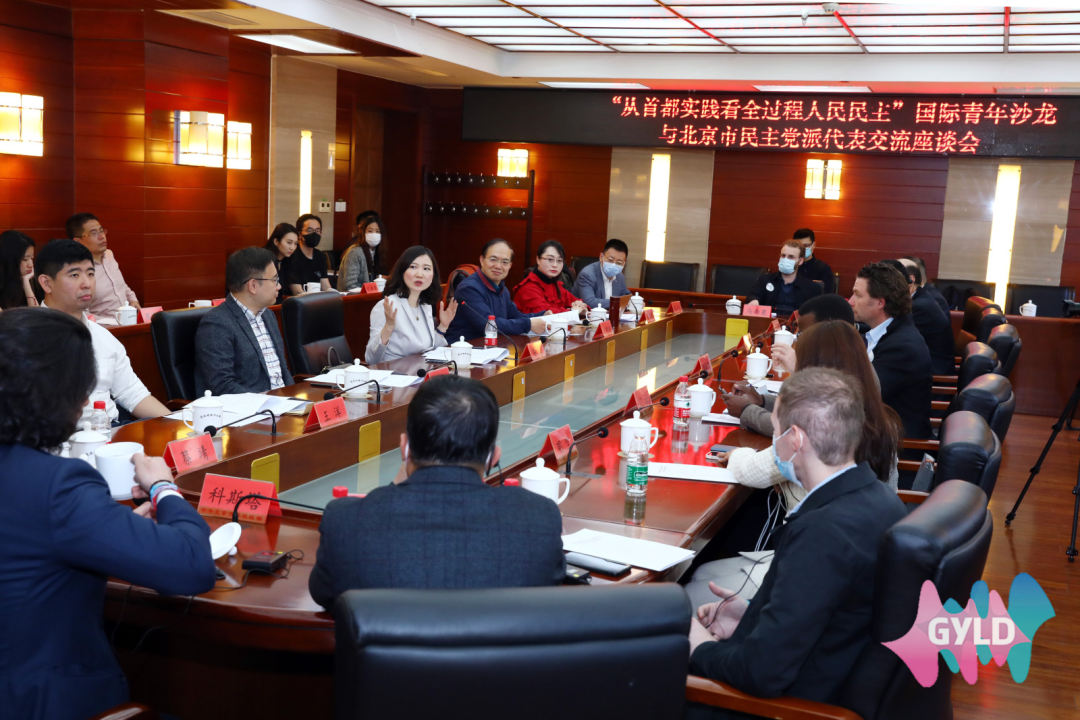
Mabel Miao, Founder and Secretary-General of the GYLD program, Secretary-General of the Center for China and Globalization (CCG), said that the event was groundbreaking. It provided international young people with an immersive experience to learn about political consultation, participation and deliberation in China and its democratic processes. In the future, GYLD will continue hold similar activities and visit other institutions to provide our global members with more comprehensive understanding of whole-process people’s democracy and promote mutual learning.












 CHINESE
CHINESE